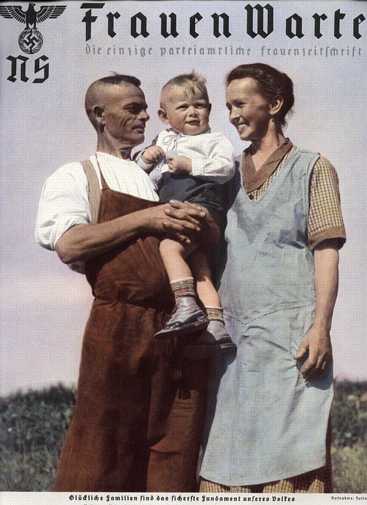You are using an out of date browser. It may not display this or other websites correctly.
You should upgrade or use an alternative browser.
You should upgrade or use an alternative browser.
If you claim everyone you disagree with is a "Nazi", shouldn't you learn about the Nazi Party?
- Thread starter Diogenes
- Start date
Anne Frank was a JewWhat if I were to tell you that Anne Frank, a white girl, fell in love with an Aryan Nazi and joyfully bore him many children in Argentina?

Nazis were far right FascistAny and all Nazis and or Marxists happen to be those on the left side of politics. Now go bow down to your
government to give you more tax payers goodies.
I'm pretty sure Mason's Mom died in the 90'sI'm pretty sure Mason still lives with his mom.
Yes! Mason is a William Tecumseh Sherman historian!I don't follow a lot of the posters here, but who is Mason? Any connection to the Mason Dixon Line?
I wouldn't know Anne was murdered by the Nazis at 15!Hey, @Mason 22 @Mason Michaels @Margot, haven't you ever wondered what Anne might've looked like, all grown up as a happy hausfrau in Argentina?

Truth hurt dickhead?Blatant lie.
A loose cannonReally? ok what are you then?
Into the Night
Verified User
Nothing is 'going on', Hawk. A democracy is government by popular vote. There is no constitution, and there are no representatives. There is no Elite.You dont generally seem to have any idea what is going on....and you behave like a shit most of the time.
PASS
Into the Night
Verified User
She's a leftist in denial.Really? ok what are you then?
Into the Night
Verified User
A blatant lie is not the truth, Margarine. Assumption of victory fallacy.Truth hurt dickhead?
Into the Night
Verified User
Nah. You're tied down by the Democrat party. You mindlessly echo what they tall you to say.A loose cannon
I wouldn't know, I am not a Democrat!Nah. You're tied down by the Democrat party. You mindlessly echo what they tall you to say.
Into the Night
Verified User
So?Anne Frank was a Jew
Into the Night
Verified User
Blatant lie.I wouldn't know, I am not a Democrat!
"You can't handle the truth"!A blatant lie is not the truth, Margarine. Assumption of victory fallacy.
Jews aren't white! Ask your uncle Hitler!
Anne Frank was a Jew
And?
Jews aren't white!
Jewish people hail from various ethnic backgrounds including Ashkenazi Jews from Europe, Sephardic Jews from Spain and Portugal, Mizrahi Jews from the Middle East and North Africa, and others like Ethiopian Jews and Indian Jews. This diversity means that not all Jews can be categorized under one racial label like "white."
For instance, Ethiopian Jews are Black, and Mizrahi Jews can have features more commonly associated with Middle Eastern or North African heritage rather than European.
Historically, the racial categorization of Jews has varied. In the U.S., Jews were not always considered "white."
In the early 20th century, they were sometimes seen as a separate race due to immigration waves, discrimination, and racial theories of the time.
Over time, particularly post-WWII, many Ashkenazi Jews assimilated into the category of "white" due to social, legal, and cultural shifts. However, this was not uniform across all Jewish communities or countries.
In contemporary discussions, some Jews identify as white, especially those of Ashkenazi descent in the U.S., where they've been legally and socially categorized as such. However, this identification is not universal. There's a growing recognition and discussion around Jews of color, both those who are born Jewish and those who convert. The term "Jews of color" is becoming more acknowledged to describe Jews who do not fit into the traditional "white" category, highlighting the diversity within Jewish identity.
@Grok
She's a leftist in denial.
"She" is a "he", reportedly. Named "Mason".
